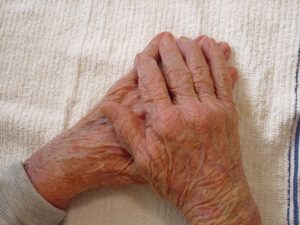First published in the Salisbury Journal 2 February 2017
At Sarum College we are interested in engaging with and reflecting on what makes for human flourishing.
You will have a sense of what it is that helps you to live what inspires your enthusiasm for life.
Being able to remember is one of those dimensions of living that contributes to our flourishing though many of us take this for granted.
As we grow older, memories play a larger part in our lives. There is not much we can do to change the general shape of our story. Perhaps there are fewer things we can expect to achieve than we expected when we were younger. What we have to offer depends much more on the sort of people we are; and the sort of people we are is very much a matter of how we think and feel about the past. So remembering is important. Memories can be a source of courage and comfort and a wellspring of gratitude for all the good things that life has given. This cherishing of the positive can enable hardships to be borne more easily.
Dementia threatens the embrace of memory. The steady progression of memory loss can be devastating. There are currently 850,000 people in the UK living with demen¬tia, and the number is likely to rise to more than two million by 2050. There is no cure. Current treat¬ments alleviate symptoms tempor¬arily, at best.
Until the early 1990s the future for people with dementia was bleak and people with dementia were often not well looked after. This is changing. Human ingenuity, skill and a commitment to supporting voluntary organisations, like the Alzheimer’s Society, have developed an approach to dementia which puts the person at the centre of our focus. In treating a person as an individual and approaching them with the knowledge of who they are (not who they were) flourishing is safeguarded against treatment and attitudes that dehumanise and depersonalise people. The person with dementia should not be seen as deceived, disempowered, childish or perhaps worst of all, someone to ignore. Human flourishing for us all will certainly mean that dignity and growing in wisdom is deepened when we embrace boundedness, limitations and fragility. People living with dementia have much to teach us about our flourishing.
It is likely that all of us know someone who is adjusting to memory loss or indeed living with significant dementia. Keeping in touch, offering a hand of care, understanding, and supporting local charities which help sustain this work can make an enormous difference.
People rarely remember what we said but often don’t forget how we made them feel. What can you do to contribute to human flourishing of all those living and working in this City of ours?
Dr James Woodward
Principal
Sarum College
(www.sarum.ac.uk)
